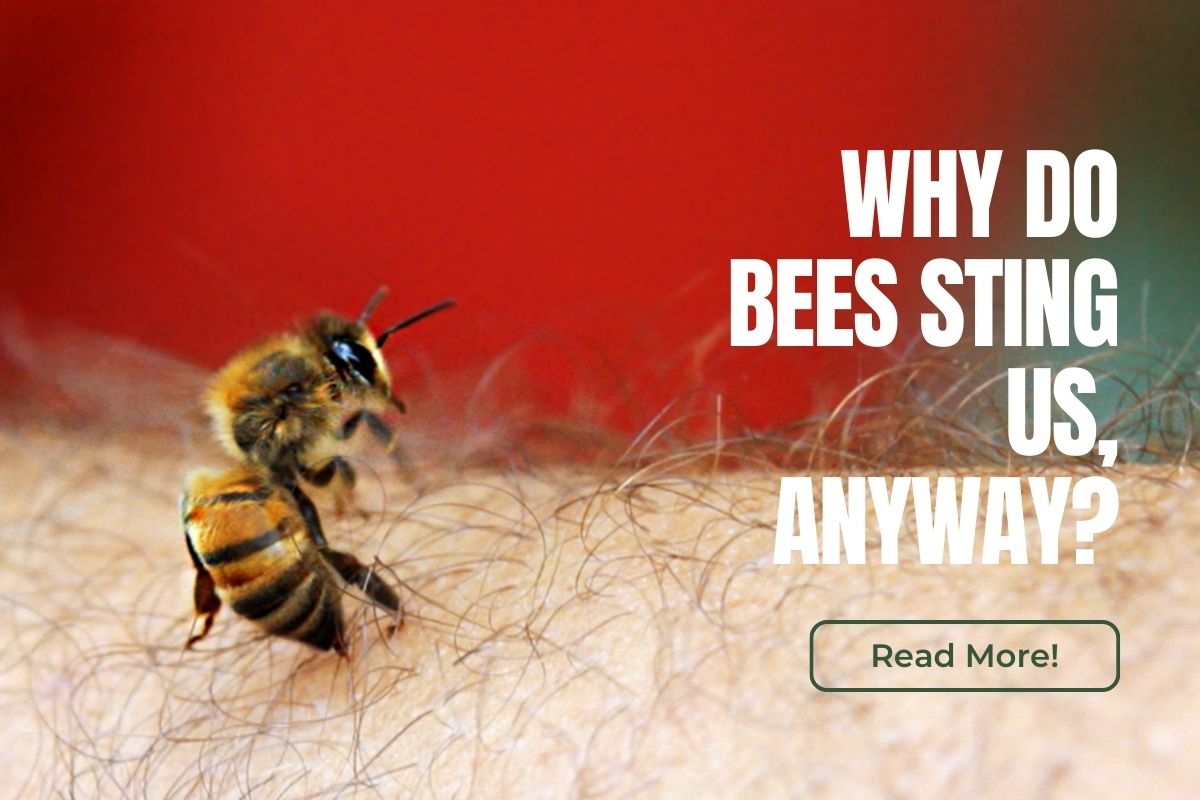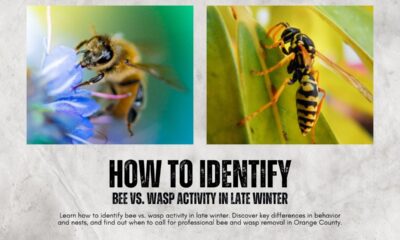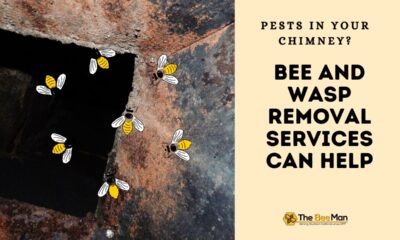Home Improvement
Why Do Bees Sting Us, Anyway?
Numerous species all across the globe have evolved defense mechanisms in order to survive. For example, a turtle can hide in its shell in the face of danger. A chameleon can camouflage into nature to avoid being caught by a predator. For bees, the stinger on bees is their defense mechanism. And while most people aren’t particularly threatened by a single sting, a bees’ strength lies in their sheer numbers. Today, our highly acclaimed Orange County bee removal service wants to teach you more about why bees sting us from time to time, and why those stings can be bad news if you are not trained to handle them!
Firstly, you should keep in mind that not all bees sting. It is honey bees, bumble bees, and carpenter bees you will want to watch out for. A honey bee, on the other hand, will die right after it stings a human. Why, though? The stinger of a honeybee consists of two lancets with barbs. The bee cannot simply remove its stinger and continue on its way after stinging. A honeybee that stings you leaves behind its digestive tract, muscles, and nerves in addition to the stinger. As a result, the honeybee will suffers a severe abdominal rupture and die.
Still, you will want to avoid getting stung, especially if you are allergic to bee stings. Bees always seek food to return to their hive and feed the bee larva. They consume nectar, a tasty liquid some plants make while bringing pollen back to the hive. This is why you could notice bees swarming around sweet things thrown into the garbage. They are drawn to the sugar’s pleasant aroma. Occasionally, you might notice a giant drone bee flying about your garden. They can be much larger than your average honeybee, yet they don’t have a stinger. The smaller honeybees possess stingers that they might employ to protect their colony or themselves.
The end of a bee’s stinger is barb-shaped, like a fish hook. Even when the bee flies away after stinging you, the stinger remains on your skin. The bee dies when its stinger and the body parts it is linked to are lost, but you still need to remove the stinger because the venom it injects into you up to 10 minutes after a sting is what hurts.
So there is your answer! Bees will sting you when they feel threatened, startled, or both, and it’s their only means of ejecting people from the area. Think of it this way: you would probably react the same if you were dealing with a giant creature!
HERE are a few home remedies you can use if you have been stung by bee(s).
Hire The Beeman For Irvine CA Bee Removal.
For the health and safety of yourself and your community, never attempt to remove a swarm of bees from your home, work, or school on your own. You should always hire a highly-rated Orange County bee removal service like The Beeman to do it for you. Best of all, we provide a 24/7 emergency line for you to call any time you need us. That’s how you know we always have you back!











